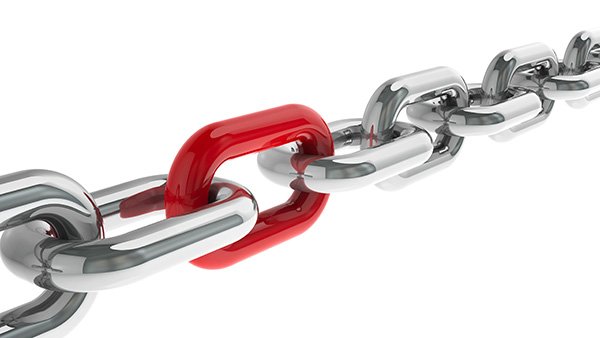Breaking Chains: Understanding Addictive Family Systems
Addiction can cast a dark shadow over a family, impacting not just the individual struggling with substance abuse, but also their loved ones. In many cases, addiction becomes deeply embedded within the family dynamics, creating a cycle of pain and dysfunction. This cycle often keeps individuals trapped within an addictive family system, with family rules and roles playing a significant role in perpetuating the addiction. By shedding light on these patterns, we can begin to break the chains that bind us and pave our way to healing and recovery.
The Power of Family Rules
Within an addictive family system, unspoken rules emerge as a means of coping with the chaos and unpredictability that addiction brings. These rules serve to maintain the illusions of control, stability, and survival within a turbulent environment. While these rules may seem necessary at the time, they ultimately contribute to the perpetuation of addiction and hinder healthy family dynamics. Some common family rules in addictive systems include:
Denial - The family denies the presence or severity of the addiction, refusing to acknowledge the problem for fear of stigma or shame.
Secrecy - The family keeps the addiction hidden from others, protecting the family's reputation and preventing outsiders from interfering.
Enabling - Family members unintentionally enable the addict's behavior by minimizing the consequences of their actions, making excuses or bailing them out of trouble.
Emotional Suppression - Feelings and emotions within the family are suppressed or ignored, creating an atmosphere where open communication and emotional expression are discouraged.
Triangulation- A pattern where family members talk about one another and keep secrets, creating an interconnected web of communication that can further increase conflict.
Roles and Responsibilities - Each family member adopts a specific role within the system, such as the enabler, the hero, the scapegoat, or the lost child, further perpetuating the dysfunction.
The Weight of Family Roles
Family roles provide structure within an addictive system, but they can also reinforce destructive patterns. Though these roles may seem necessary for survival, they can ultimately prevent individuals from taking responsibility for their own well-being and prevent them from seeking help. Let's explore some common family roles:
The Enabler - Often a spouse or parent, the enabler shields the addict from the consequences of their actions. They may make excuses, cover up the addiction, and step in to fix problems caused by the addict's behavior.
The Hero - Typically the high-achiever and over-responsible individual, the hero attempts to restore the family's sense of pride and self-worth by excelling in various areas of life. However, this constant pursuit of perfection can lead to burnout and neglect of one's own emotional needs.
The Scapegoat - The scapegoat often acts out, drawing attention away from the addict and placing blame on themselves. By acting as the "problem child," they provide the family with distractions from the addict's behavior, diverting attention from the core issue.
The Lost Child - The lost child is the quiet and withdrawn individual, seeking solace by isolating themselves from the turbulence of addiction. Their role is to minimize conflict and maintain a sense of peace within the family, often at the cost of their own emotional needs.
The Mascot - Using humor and distraction as a defense mechanism, the mascot attempts to lighten the mood and ease tension within the family. However, this role can prevent them from addressing their own pain and may contribute to a lack of emotional intimacy within relationships.
Understanding these roles can help individuals recognize the unhealthy patterns they've adopted, enabling them to break free from the chains of the addictive family system. By identifying and challenging these rules and roles, families can begin to cultivate healthier ways of relating to themselves and each other.
Healing and Recovery
Breaking free from addictive family patterns is not an easy task, but healing and recovery are possible. Seeking professional help from therapists who specialize in addiction and family systems can provide invaluable support and guidance on this journey. Therapists can help the one with the addiction, the spouse of the addict, children, and families navigate the complexities of addiction, uncover underlying issues, and develop healthier coping strategies.
Recovery is not just about the individual overcoming addiction; it's about healing the entire family unit. With newfound awareness, open communication, and a commitment to change, families can create a nurturing environment that fosters growth, understanding, and connection.
Remember, you are not alone. There is hope, and there is help. By acknowledging the destructive patterns within addictive family systems and taking the brave step toward healing, you can break free and reclaim your life. Together, we can build a brighter future, one filled with love, understanding, and resilience. Email today to schedule a session with one of our therapists.

